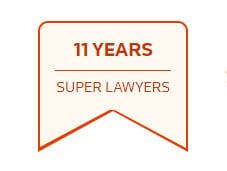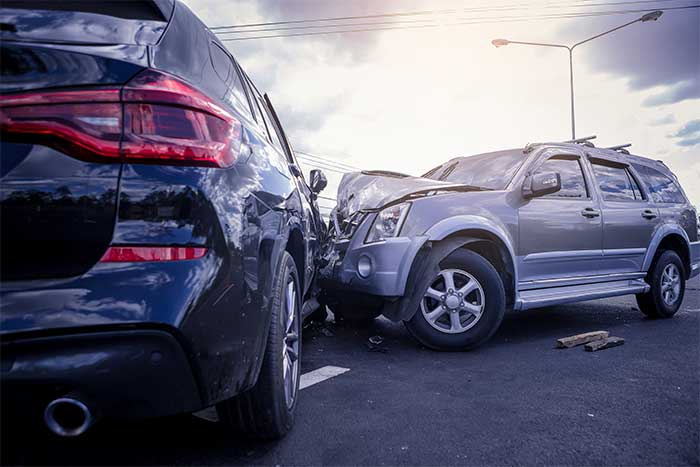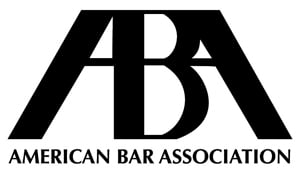We Get Results Because We STAY IN TOUCH
A Law Firm For Serious Personal Injury
At Kopelman Sitton Law Group, LLC, we stand up for ordinary people whose lives have been shattered by catastrophic injuries from motor vehicle accidents, medical malpractice, or other acts of negligence or carelessness by others.
What sets us apart is our commitment to staying in touch with our clients from beginning to end. Near constant communication lets our clients focus on their physical recovery, knowing that our intimate familiarity with the details of their cases positions us to maximize their financial compensation, whether through trial or settlement.

Over 35 Years Of Experience Behind Your Claim
Trial lawyer Richard Kopelman began his career working for insurance companies before he found his true calling representing those injured through no fault of their own. He has battled insurers, trucking companies, medical transport companies, hospitals and other powerful corporate entities, with a consistent track record of success that includes multimillion-dollar recoveries.
Our legal team has extensive experience with motor vehicle accidents, including cases involving private passenger cars, commercial trucks, and medical transport vehicles. We also have extensive experience representing homeowners and business owners whose property has been damaged by stormwater and sewage flooding and backups that disrupt our clients’ lives and result in significant property damage.
A Good Lawyer Hates Surprises
We answer every call and respond to every text. You want to know what’s going on with your case, and we want to know what’s going on with you. Richard Kopelman checks in with injury clients before and after their medical appointments to track their progress (and setbacks) on the long road to recovery. He is proactive in addressing any legal complication that could be a barrier to your full compensation.
That’s the key to our success – going the extra mile to know the medical records and the accident investigation better than the defense lawyers and insurance adjusters whose goal is to deny liability or downplay your case. We never want to be caught off-guard or surprised at deposition or trial, and because we know no detail is too small, that doesn’t happen. The only good surprise is when our thorough and hands-on approach leads to a larger-than-expected jury verdict or settlement.
Case Results
$7 Million
21-year-old man ejected in pickup crash
$2 Million
Psychiatric patient allowed to unbuckle himself from gurney and step out of moving ambulance
$3.5 Million
Fatal medication error after routine surgery
$2.5 Million
Small business flooded due to city-maintained nuisance
$414,750
NFL Hall of Fame player died with CTE brain disease
You Have Our Full Attention
Kopelman Sitton Law Group, LLC, is not a high-volume settlement mill. Rather, all our cases arise from referrals. Richard Kopelman personally handles a select number of cases – namely complex claims involving permanent injuries or fatalities – on behalf of those who have been referred for representation by existing clients, former clients, attorneys, and others who know we will be attentive to their friends, families and co-workers, and give them the personal attention they need and deserve.
Call or text us today at 404-351-5900 to arrange a free initial consultation or reach out using the email form below.
In The Words Of Our Clients




















